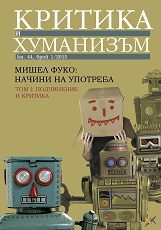
We kindly inform you that, as long as the subject affiliation of our 300.000+ articles is in progress, you might get unsufficient or no results on your third level or second level search. In this case, please broaden your search criteria.

The essay reviews the general theories of one of the most remarkable reform politicians of Hungary, Ferenc Deák on law. A part of the professional literature debates whether the famous politician had any coherent and reasoned philosophical concepts are based on his essays. This paper attempts to justify that the pragmatic politics and legislative activity of Deák was led by conscious principles of natural law. In his system of ideas, not only progressive antique and humanistic elements but also the modern philosophical trends of the 18th century are present. Deák considered law and morality to be in an organic unity. As a politician and legislator, his main idea was the respect of law, the attachment to acts and the strong belief in moral fortitude.
More...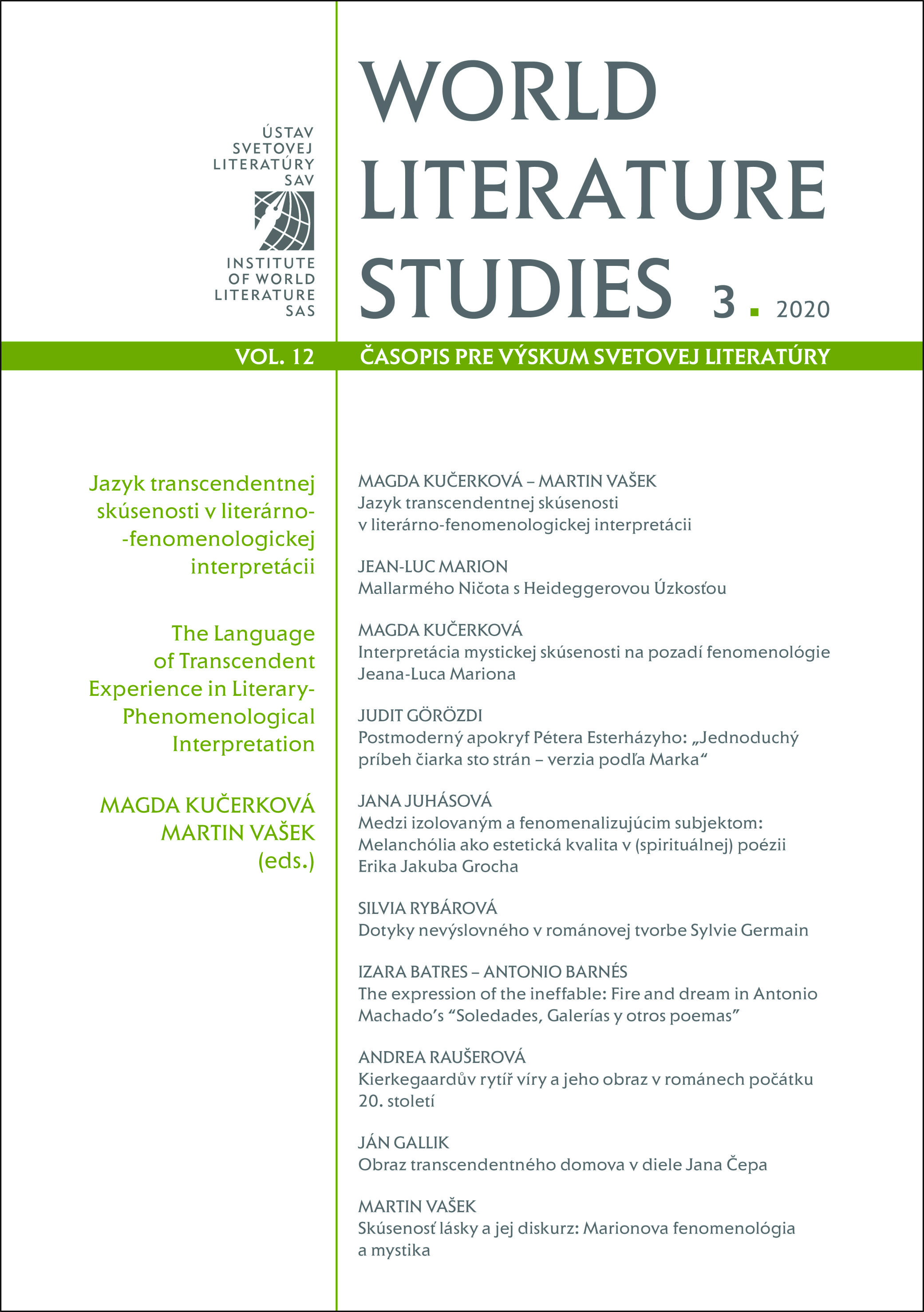
The Czech writer, essayist and translator Jan Čep (1902–1974), whose work displays his Catholic orientation, is considered to be one of the most original and thoughtful Czech Christian thinkers. This interpretation of selected works by Čep aims to build on existing research, to deepen the views of his artistic language and imagery, and to analyse the means of expression created by the author’ s philosophical-reflexive and meditative lyrism, often alluding to a contemplative position. In a special way, the metaphysical image of the dual home (first homeas a temporary dwelling for earthly existence, which is the image and parable of the second – permanent – home in heaven) emerges from the poetics constituted in this way (based on both artistic and spiritual vision of the world), which thematically reads from Čep’ s transcendent experience. In this analysis, the phenomenological view appears to be an adequate methodological approach alongside literary interpretation.
More...
Continuing the tradition of classical French philosophy (Montaigne, Descartes, Pascal), Jean-Paul Sartre links the concept of freedom to the essence of the human being. Freedom precedes essence, while also having the ability to generate its own nothingness. Thrown into the opacity and loneliness of the world, man is ”sentenced to freedom”, acquiring his authenticity only through the choices he makes. God does not exist, so the whole weight of the world hangs on his shoulders, and behind him there is nothing but nothingness. By choosing himself, man in fact chooses the entire human condition. Suspended in the void, without any support from anywhere, man is condemned every moment to reinvent himself and all of humanity. Oreste, in Sartre’s ”The Flies”, knows that freedom is a ”human business” and that when freedom has ”exploded” in a man's soul, the gods can do nothing. Man is free to constantly invent and reinvent himself, according to his own will, according to his own destiny. Man can never be anything other than what he himself has decided to become. Consequently, to be means, in fact, to choose, to opt for one situation or another, for one existential paradigm, or another. Every situation is unique and open to freedom, since man is the one who chooses it, the one who gives it one meaning or another. In the configuration of our freedom, it is our subjective nature and not external reality that plays the essential role.
More...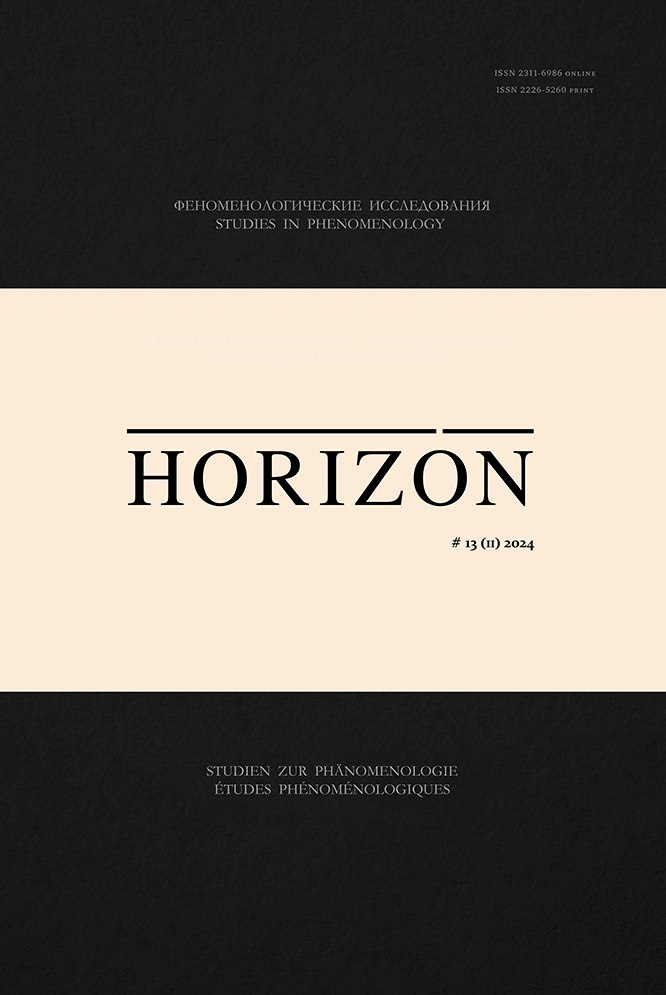
The article examines the ontological problems posed in the work of G. Anders and H. Arendt “The Duin Elegies of Rilke”, which is considered in the context of the evolution of M. Heidegger’s philosophical ideas. In the 30s of the twentieth century, Heidegger’s philosophy underwent a significant shift associated with the transition from the construction of a phenomenologically and anthropologically oriented ontology to the thinking of being, which proceeds from its original openness and follows the guiding thread of language. The interest that the text of Anders and Arendt presents in this regard is that it can also be seen as a statement of the unproductiveness of the phenomenological method of posing and solving ontological problems, the rejection of attempts to reveal the meaning of being based on explication of the structure of human existence, and the shift of emphasis to comprehension of the essence of language and interpretation of poetic speech. In the work under study by Anders and Arendt, two plans of philosophical analysis of Rilke’s poetic text are revealed: first, arguments about poetic thinking as a way of revealing artistic and philosophical truth, and, secondly, a meaningful interpretation of the ideas that are articulated in this poetry. It is noted that Anders and Arendt’s appeal to the poetry of R. M. Rilke and the turn in Heidegger’s thinking could be dictated by similar motives: the search for promising ways to overcome the emerging crisis of the fundamental ontological program. Moreover, as a result of the research, it is suggested that the work of Anders and Arendt, published in1930, to a certain extent outstrips and anticipates the future direction of Heidegger’s reflections, and in shifting the focus of his research interest in language and poetic creativity are realized the interpretative possibilities that were outlined by Anders and Arendt.
More...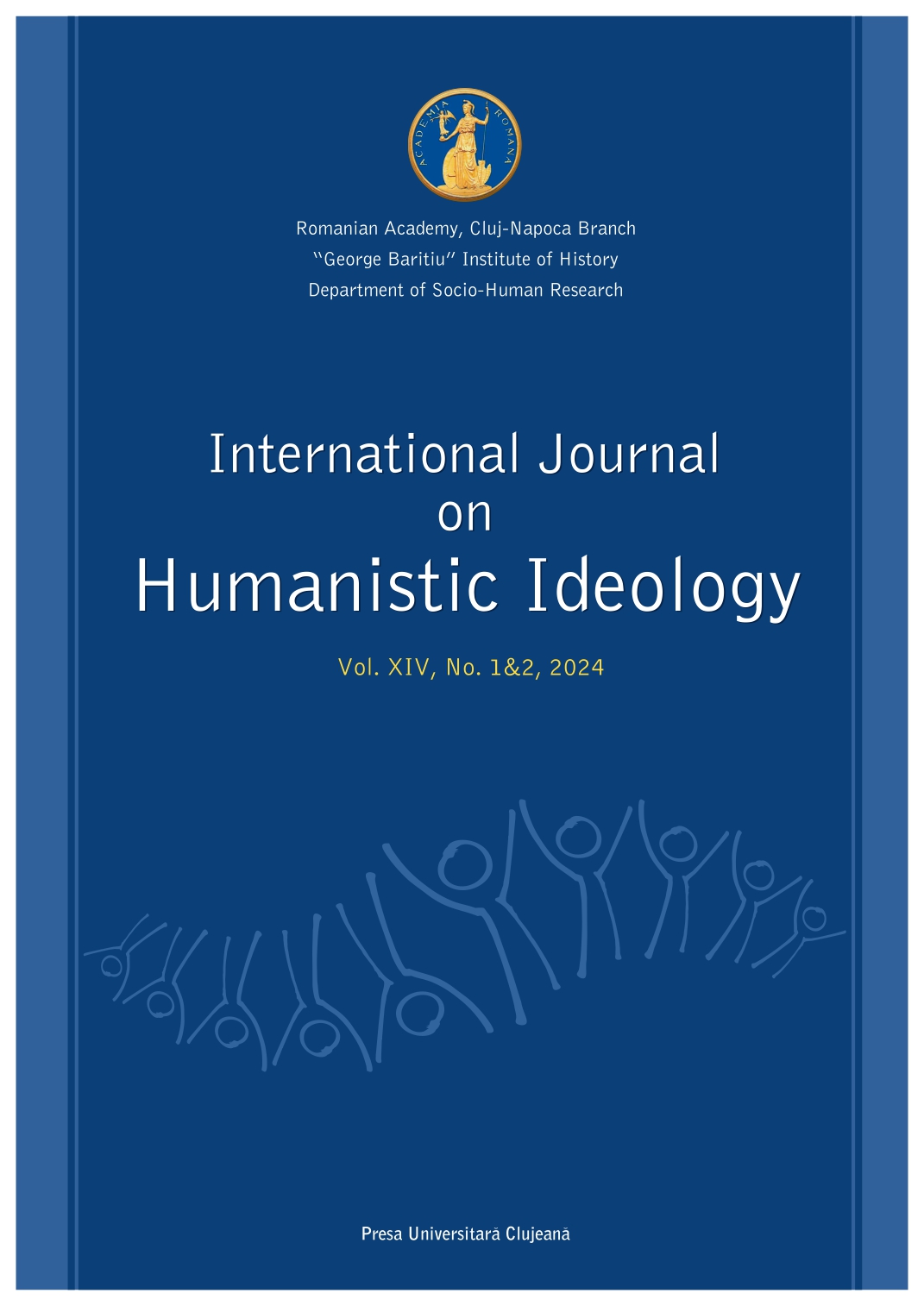
The article contains a detailed outline of the Foucault-Derrida debate about the Cartesian cogito and the history of madness. The first part offers an in-depth analysis of the expression ‘madness itself’ and questions the prospect of the Foucauldian project as a whole but also highlights a certain inflationary tendency in Derrida’s critique of it. The article ultimately argues that the debate is centered around a series of vigorous yet fruitful misreadings which create a vast field of discussion where contemporary research can find valuable resources. The article paves the way toward the numerous perspectives which the debate has generated, which range from new forms of listening to madness to the redefinition of our medical and philosophical understanding of madness.
More...
The article is a continuation of the analysis of madness from Against a romanticization of madness—Part 1: Foucault and Derrida on madness itself. It highlights a forgotten yet fundamental goal of Foucault’s project and offers a new perspective on how the debate can be of use not only to philosophers but also to practitioners working in the field of mental health. It furthermore brings to the forefront a distinction almost entirely missing from the field of discussion opened up by the debate: the distinction between madness and the singularity of the mad subject, irreducible to their illness.
More...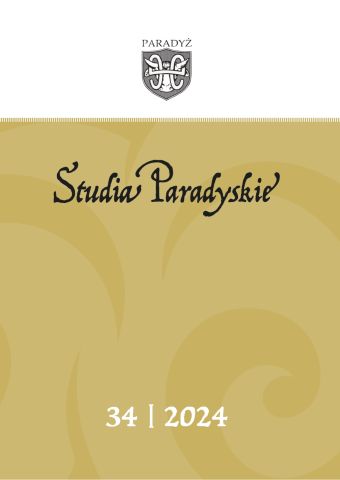
In moral theology, the attainment of human activity assessment is based upon differentiation between what is good and what is evil. For this reason, the relationship between good and evil is so essential in moral theological reflection. Despite a preliminary impression that we might deal at this point with certain balance, the analysis of good from three perspectives, nonetheless, enables the obtainment of a different conclusion regarding evident asymmetry between good and evil. This asymmetry of good can be systematically analyzed three-dimensionally through the references to the thought of Thomas Aquinas, to the legacy of Neo-Thomist Josef Pieper, and to the reflections of an influential moralist Eberhard Schockenhoff. From a philosophical perspective, this asymmetry is observable in the analysis of a being, which, as created, is good in contradistinction to evil, which is nothing. From a moral-theological analysis of the genesis and purpose of human activity, good turns out to be the origin as well as the goal of human moral activity. Finally, from the third perspective, in exploration of aretology, good is considered, as early as by Aristotle, to be the highest rule in the dynamics of a virtue in general as well as in the realization of particular virtues.
More...
Mind uploading is mentioned by authors associated with transhumanist movements as one of the paths to Artificial General Intelligence. The belief that such hypothetical technology is possible to develop, is primarily based on biological reductionism, i.e., equating the mind with the brain (or the entire nervous system), and secondly, on the assumption that neurobiological processes are computable. However, analysing both assumptions from the perspective of personal identity raises doubts about the logical possibility of such technology existing in the way transhumanism proposes.
More...
This paper argues that the meaningfulness of life is dependent on and determined by the certain knowledge of a person’s life, intentional pursuit, and the fulfillment of purpose. This ultimately opens up challenges on the need to clarify the nature of the meaningfulness of life. The quest towards the understanding of life raises fundamental questions such as: What or who defines a person’s purpose and allocates purpose? Does purpose have an essential or existential trait? How are the concepts of existentialism and essentialism connected and what role(s) do both play in the exploration of the idea of meaningfulness of life? This paper adopts a critical-comparative analysis of two distinct characters from two different socio-political backgrounds and art genres: Ian Flemings’ James Bond 007 (a film) and Wole Soyinka’s King’s Horseman (Elesin Oba) (a play) to provide clarity and context to the roles known purpose, commitment and free choice play in the analysis and determination of meaningfulness (lessness) of life. The value of this discourse to knowledge is in the exploration of the contradicting but complementary contributions of existentialism and essentialism to the understanding of the meaningfulness of life as well as the roles free choice and commitment to purpose play.
More...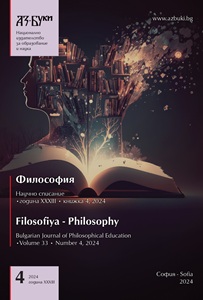
This paper is the text of a lecture given at Sofia University St. Kliment Ohridski on 2 November 2023 at the invitation of Professor Irena Kristeva. Its purpose is to retrace the path of my research, from the question of the Animal in the eighteenth century to the theme, at the same time, of the environment associated with the construction of the modern Ego and which gave rise to my latest book published in 2020: Figures of the Self and the Natural Environment in the Eighteenth Century. Throughout, the common thread remains to understand the link between these two processes and the new Anthropology being established at the time, whether in terms of the new definition of Man in general in relation to the Animal, or of the Self in relation to the natural Environment. At the same time, this sensitivity to Nature paved the way for our contemporary ecology, both scientific and political.
More...
Considering the leading position in the ontology of philosophy sessions at present, namely: building of “community of inquiry”, here I discuss the advantages and the horizon that are created to philosophy and philosophizing through the ontology of projectizing (producing, creating) community. The ontologies of research on the one hand and project ontologies on the other differ.In this way, philosophy is engaged with caring thinking on the projectivity beings.
More...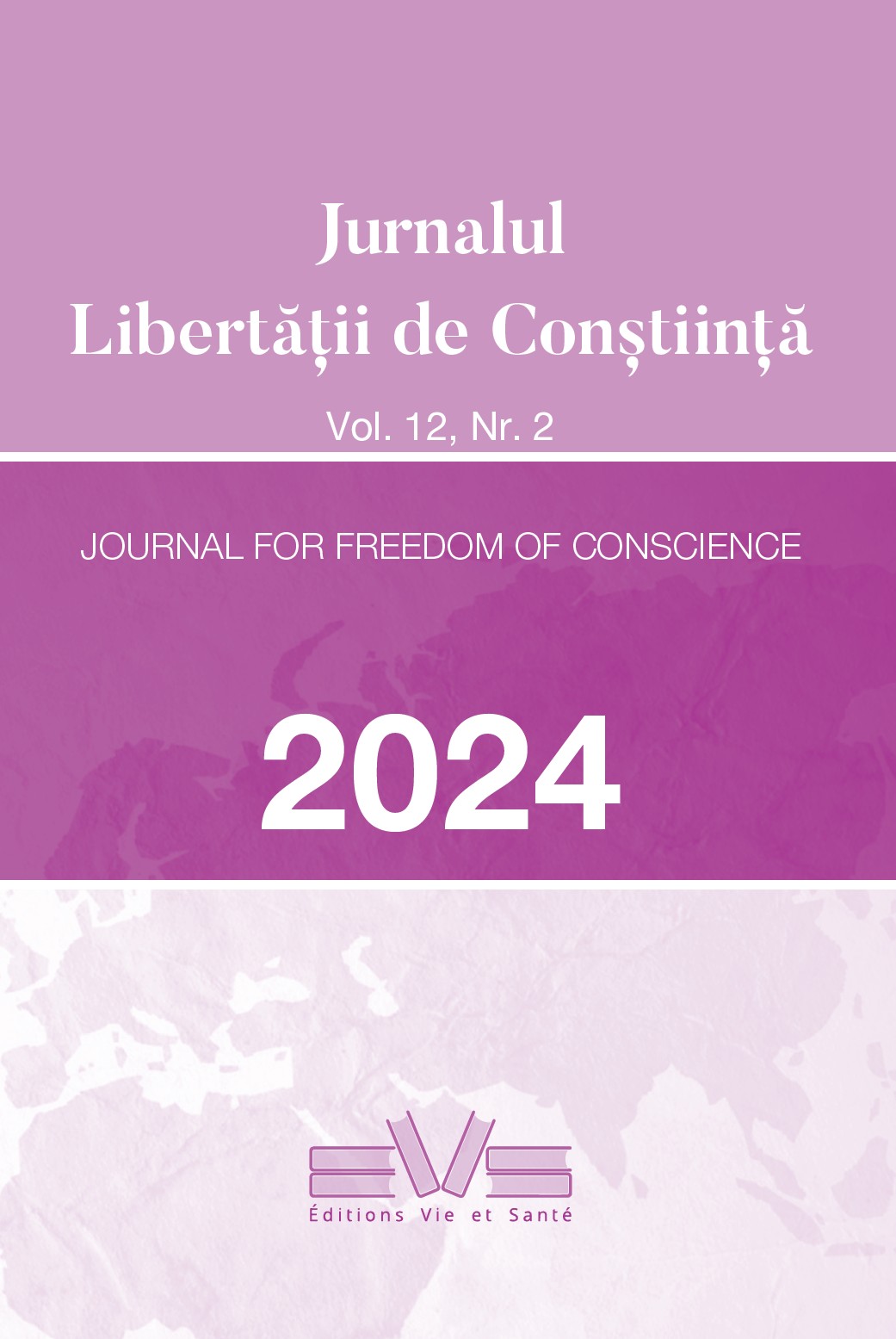
The text from Genesis 34 tells the story of a young girl around whom a terrible drama unfolds. We will try to clarify the nature of these offenses and discover who is guilty and why. Sometimes love turns into violence, even though it should bring harmony and peace. A careful reading of this text reveals traces showing us that educational values are always relevant in a pluralistic and individualistic world. Interpretations of this text may diverge, and explanations of the events are multiple. Freedom of speech and traditions must have a humanistic and pacifistic nature, and the distortion of these meanings can take on the guise of intolerance and resentment. Authentic values are those that influence a life and make it beautiful.
More...
Throughout his history, man has proven himself to be a creative creature. The paper contrasts man and IA, discussing in this respect the meaning of the Turing Test and the value of reference for the human being, in fact consecrated by the Turing Test. In Lucian Blaga’s philosophical system, we find a beautiful plea for the uniqueness (singularity) of man, defined as a cultural mutation in the universe. This beautiful perspective brought to philosophy by Lucian Blaga is by no means something exotic (in a negative sense): we find resonances of this perspective in the philosophy of Ernst Cassirer, Richard Rorty, Basarab Nicolescu and Mihai Drăgănescu. As man is the measure of all things in the universe in which he lives, a measure of creative man is that he provides his own living environment, as an interface for the natural environment or even as a substitute for the natural environment in various concrete circumstances and in some interpretive perspectives. Another measure of human creativity, but without reducing everything to these two aspects selected for discussion, will be the creation of artificial man, the AI. However, cumulating our interpretation of the Turing Test and of Lucian Blaga’s vision upon the singularity of man, either this achievement will be called “human” (an intelligence or a “mind”), or it will be able to be recognized as an instance of authentic thinking being when it will manifest at least a relative detachment from the program, through metaphorical capacities derived from the algorithmic programming, proving its “learning” dimension or, unexpectedly (spontaneously), in relation to its programming.
More...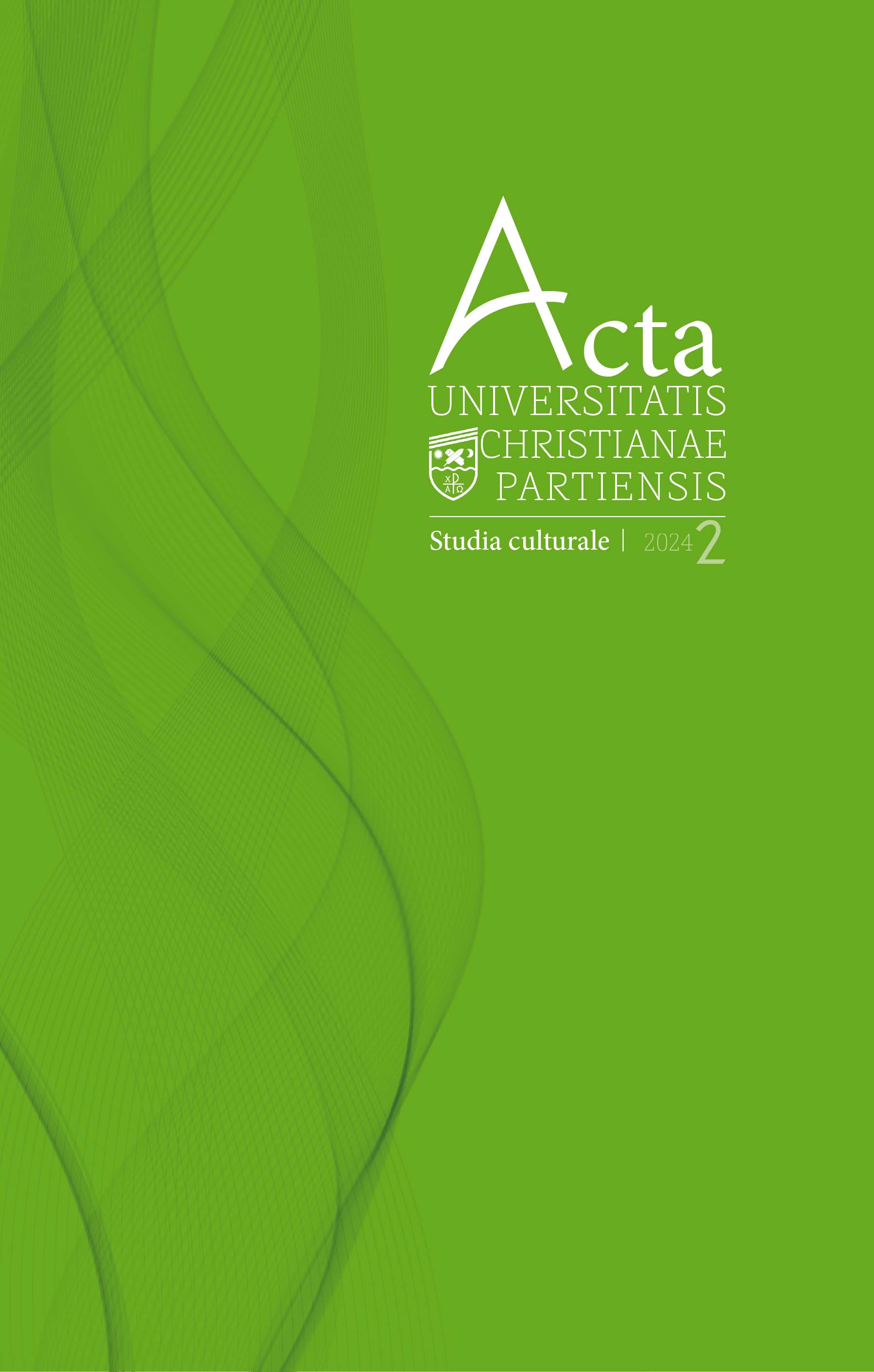
Various pragmatic misunderstandings can be observed in Szekler's jokes. These misunderstandings are typical of the Szekler way of thinking. They are constructed by creating anti-maxims in contradiction with Grice's maxims. Szeklers do not want to lose their authority, try to hide their narrow-mindedness, or even emphasize their cunning nature. Knowledge of language misunderstandings and the worldview of the Szeklers helps to find the source of humor and to gain comprehensive knowledge about the world of the Szeklers.
More...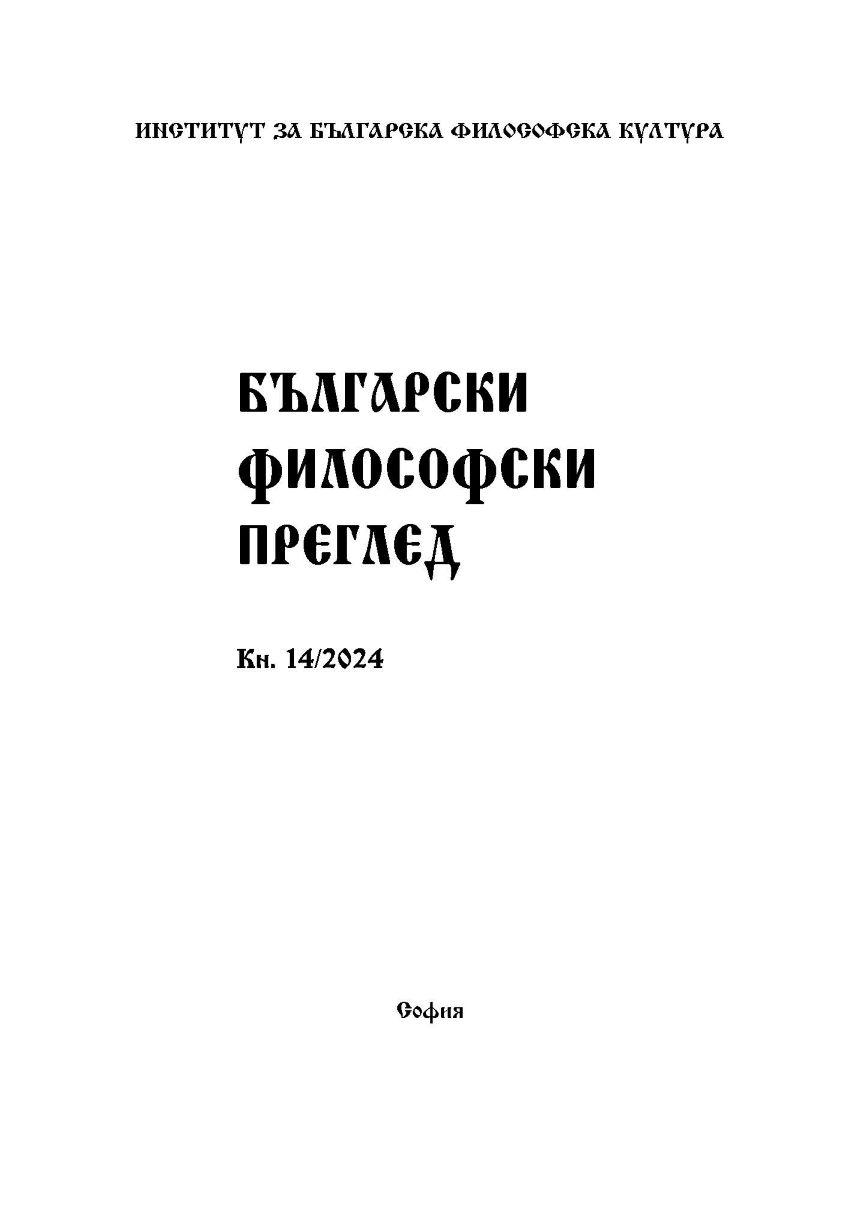
The article explores a rarely studied topic – theWesternism of Marx and Engels. In a theoretical and abstract framework, they anticipate that, in the course of capitalist development, national distinctions will gradually disappear, eventually ceasing to exist entirely under communism, along with class divisions. National oppression is also expected to vanish. In line with these broad ideas, the „Сlassics” condemn the destructive impact of Western expansion on the countries and regions affected by this expansion. Marx and Engels, particularly the former, compiled a well-documented dossier on the West's crimes in subjugated countries and regions. However, they also firmly believed that the victims of this expansion were deserving of their fate because they stood as obstacles to „progress”, being perceived as „barbarians” obstructing the path of Western civilization. This viewpoint provides a form of philosophical justification for these crimes. Subsequently, as an alternative to Westernism, I briefly examine the symbiotic relationships between the archai cand modern elements in certain Eastern societies (Japan, India, and China). The conclusion offers a brief comparison of the Westernism of Marx and Engels with contemporary Westernists and outspoken anti-communists.
More...
The article is an attempt to take stock of personal experience related to studying the topic of ideology in the 1980s in the philosophy faculties of Bulgaria and with the discussions on this topic. Initially, it reconstructed the way in which the original texts of Marx and Engels were read, which contrasted with the circulating official versions. Then it draws attention to a deficient moment in education related to the neglect of a certain type of interpretations following the work of Antonio Gramsci, enjoying at the same time an increased interest in the world. Finally, it offers an attempt to explain the meaning of alternative readings of ideology, related, on the one hand, to the work of Louis Althusser, on the other, to that of N. Abercrombie, B. Turner, St. Hill, who break with the traditional idea of a direct relationship between the economic structure of society and ideology, as well as of the relationship between a ruling class and an oppressive ideology. Against this background, the problem of the relationship between ideology and morality is addressed and the thesis is defended that morality may not be a form of ideology, but a critique of ideology.
More...
The article is based on the thesis that not being a communist is not only a negation, but also a definite ideological and life credo. The author dwells on the topic not so much because he needs to debate on communism, but rather to defend before himself about the fact that he is not a communist and why he cannot be one. He is alien to communism which instead of help, holds out the banner of revolution. Communism's last word is rule, not rescue: its slogan is power, not help. It does not consider poverty, hunger, unemployment to be an unbearable pain and shame, but a welcome reserve of dark forces, an impetus for mass rage and resistance. According to him, “the social system is to blame for this”. All of us are guilty of this, whether we ignore human misery with our hands in our pockets or with the flag of revolution in hand.
More...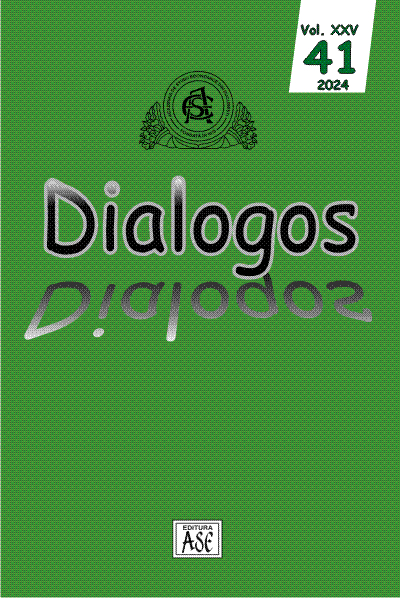
This philosophical article is located at the intersection of hermeneutics and literary analysis. Scriptures and exegeses have been studied as literature for a long time (Berlin, 2016). The premise is that the Quran is a literary text and so is the exegesis the Risale-i Nur (Nursi & Vahide, 1995; Nursi, 2005) which is a contemporary interpretation of the Quran, relevant to this discussion. The article presents a textual analysis and a discussion of general human condition in light of key verses from two surahs/chapters from the Quran, supported by interpretation and further explanation from selected thoughts of the Risale-i Nur (The Treatise of Light) (Nursi & Vahide, 1995; Nursi, 2005) and selected Hadiths/the Prophetic Traditions. The discussion leads to a synthesis where the extent of man’s accountability in life and in this world is presented primarily in light of Nursi’s interpretation. While weighing the impact of man’s actions and the degree of his responsibility in his personal and social life, the article concludes by affirming the wisdom of surah Asr “Time” (Quran:103) in positioning the human as a contingent being who is at the mercy of a Higher Being who is in control of everything while sustaining man. The article showcases the condition of man as a state of ‘loss’ which is two-fold. Firstly, it is in terms of man’s contribution to generating a lost society that is ravaged by man’s egocentric actions, which may result in frustration, conflict, wars, economic and political turmoil, general chaos, and fear, among others. Secondly, it involves man’s inability to deal with setbacks and calamities triggered by natural phenomena, which include diseases and other problems. Unless man remains patient, resilient, and submitted to the Higher Being, he cannot cope with and deal with these issues in his life. Thus, once he relies on the Higher Being and does not complain, man confirms the verses in surah At-Tin “The Fig” (Quran: 95), that states that man is of “best of stature”, as God intended him to be. It is only patience in adversity, belief and trust in God, and gratitude that bring solace to man’s condition.
More...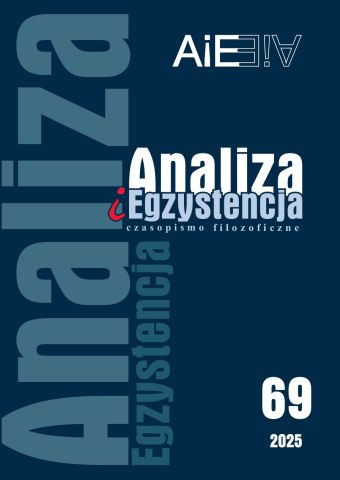
The article aims to showcase the usefulness of Jerzy Kmita’s methodology of historical epistemology for research in the field of the history of psychology analyzing the example of Krystyna Zamiara’s research of the dynamics of psychological concepts and programs. Both Zamiara and Kmita were members of the Poznań Methodological School that began to form in 1960s and developed in 1970s at Adam Mickiewicz University in Poznań. Historical epistemology is a methodology of studying the process of the development of science, based on Marks’s dialectical materialism. It assumes that science is a social practice which development is determined by social, historical processes as well as ontological and epistemological assumptions of any scientific societies. Krystyna Zamiara applied historical epistemology to study covert assumptions determining the development of psychological programs. She also analyzed the development and the use of the notion of psychological parallelism and the consequences of accepting or rejecting parallelism for modern psychology. The article also points to similarities between Krystyna Zamiara’s historiography of psychology and the critical psychology in terms of philosophical inspirations, research subjects and goals. In the light of the identified similarities, Krystyna Zamiara can be considered a precursor of critical historiography of psychology in Poland
More...